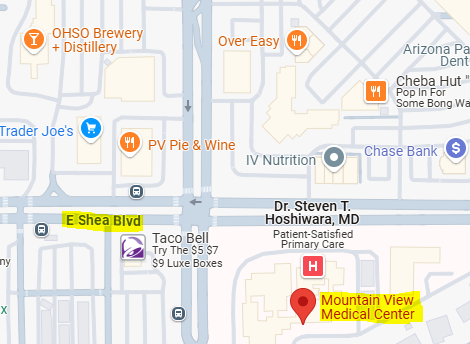YOU'VE STARTED GRINDING YOUR TEETH? INSPECT THESE AREAS OF YOUR LIFE
Whether you or a family member were the first to notice, or whether your dentist told you that your teeth show signs of wear, grinding your teeth at night can be a very damaging habit.
That's why dentists recommend night guards to protect your teeth from nighttime tooth grinding (also known as bruxism). But your dentist will likely want to get to the bottom of why you've started grinding your teeth as well, so that you can eliminate the precipitating factor and hopefully get over the grinding once and for all.
Here are some areas of your life to inspect for possible causes or factors in your teeth grinding habit.
1. Day-to-Day Stressors
Excess stress in your life can lead to daytime jaw clenching and nighttime tooth grinding. Both can be damaging to your jaw, teeth, and gums. If you have any stressors in your day-to-day life that you could cut out (such as by decluttering, hiring a house cleaner, delegating tasks at work, or finding a lower-pressure job), consider de-stressing this way.
You may also want to add de-stressing time to your day by indulging in a hobby. Or take on a mindfulness habit or anti-stress practice, such as yoga, to help you unwind before bed.
2. Exercise Routine
Did you know some types of exercise can cause tension in the neck and jaw in some cases? This tension could worsen your teeth grinding problem. For instance, if you're trying to do a lot of crunches without working up to it, you may place too much strain on your neck.
Make sure you get exercise on a regular basis, but try not to overdo it. And be sure to check in throughout the workout to make sure you're not clenching your jaw or feeling pain or tension in your neck, shoulders, and jaw region.
3. Jaw Use Habits
In some cases, you could already be grinding your teeth mildly without noticeable symptoms. But small amounts of damage over time, or precipitating or worsening factors, could eventually cause symptoms to develop. One such worsening factor is jaw tension and clenching. So check to see if you have any bad habits during the day that involve jaw use.
For instance, if you chew on pencils, bite your nails, or even chew gum all day long, take note. Your jaw may be stressed, may get into the habit of clenching regularly, and may have a hard time relaxing at night.
4. Your Bite Structure
How your teeth fit together, called your bite, is an important factor in dental health. If your teeth don't fit together evenly, some teeth may wear down faster than others. This issue may also trigger nighttime grinding.
Have your dentist check for irregular wear on your teeth. And keep in mind you may need orthodontics to adjust your bite.
5. Mental Health Situation
In some cases, simply de-stressing your work life and relationships won't make your stress go away. If you have a mental illness involving increased anxiety (such as an anxiety syndrome), that could cause your mental distress.
You may need to address your mental health not only for its own sake but also to avoid negative repercussions, such as continued or worsened teeth grinding.
If you examine these areas of your life, you might identify any habits or activities that cause or worsen your bruxism. Don't forget to talk to your doctor about the issue as well as your dentist. Some physical health issues, such as sleep apnea, can also cause grinding.
If you suspect you may need treatment for tooth grinding, contact Desert Dental today for an appointment.









